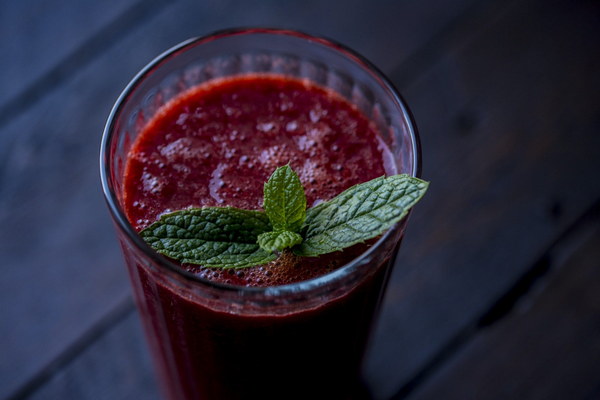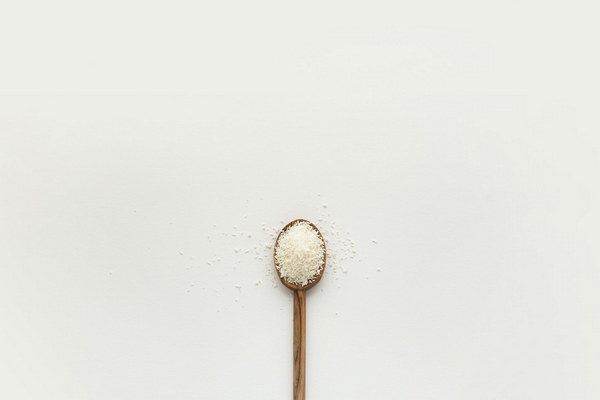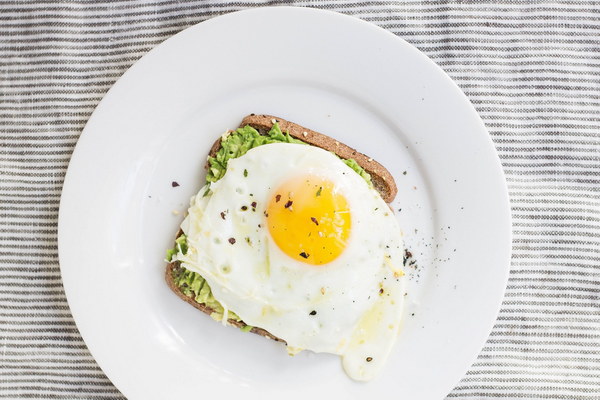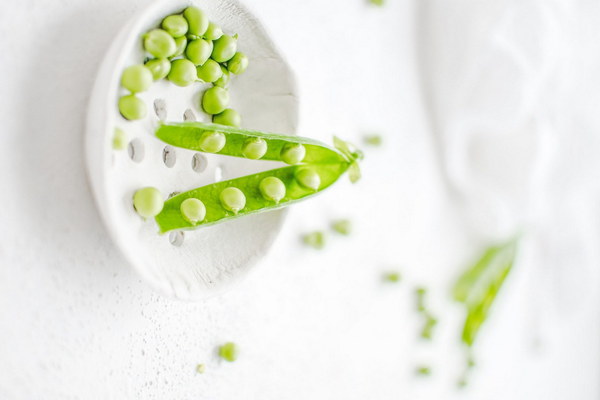Nurturing Your Liver A Comprehensive Guide to Managing Fatty Liver Disease
Nurturing Your Liver: A Comprehensive Guide to Managing Fatty Liver Disease

Fatty liver disease, also known as steatohepatitis, has become increasingly common in recent years. This condition occurs when fat accumulates in the liver, leading to inflammation and potential liver damage. While there is no single cure for fatty liver disease, there are several lifestyle and dietary changes that can help manage the condition and support liver health. This article will provide a comprehensive guide to nurturing your liver if you have been diagnosed with fatty liver disease.
Understanding Fatty Liver Disease
Before delving into the strategies for managing fatty liver disease, it's important to understand the condition itself. Fatty liver disease can be categorized into two types: non-alcoholic fatty liver disease (NAFLD) and alcoholic fatty liver disease (AFLD). NAFLD is the most common form and is not caused by excessive alcohol consumption. It is often associated with obesity, diabetes, and metabolic syndrome.
Lifestyle Changes for Liver Health
1. Maintain a Healthy Weight: Losing weight, if you are overweight or obese, can significantly reduce the fat in your liver. Aim for a gradual and steady weight loss, focusing on both diet and exercise.
2. Regular Exercise: Engage in regular physical activity, such as walking, jogging, swimming, or cycling, for at least 30 minutes most days of the week. Exercise helps improve insulin sensitivity and can aid in weight loss.
3. Limit Alcohol Consumption: If you have fatty liver disease, it's crucial to limit your alcohol intake. Even moderate drinking can exacerbate the condition. If you are unable to stop drinking, seek professional help.
4. Eat a Balanced Diet: A well-balanced diet rich in fruits, vegetables, whole grains, lean proteins, and healthy fats can help manage fatty liver disease. Here are some key dietary considerations:
- Reduce Caloric Intake: If you are overweight, reduce your overall calorie intake to support weight loss. This should be done under the guidance of a healthcare provider or a registered dietitian.
- Increase Fiber Intake: High-fiber foods, such as fruits, vegetables, and whole grains, can help you feel full and reduce your overall calorie intake.
- Choose Healthy Fats: Opt for unsaturated fats found in avocados, nuts, seeds, and olive oil, as opposed to saturated and trans fats found in fried foods, red meat, and processed foods.
- Limit Refined Carbs: Refined carbohydrates, like white bread, pasta, and sugary drinks, can spike blood sugar levels and contribute to weight gain and liver inflammation.
5. Manage Diabetes and High Cholesterol: If you have diabetes or high cholesterol, effectively managing these conditions can help improve your liver health.
Supplements and Medications
1. Supplements: Some supplements may help support liver health, including omega-3 fatty acids, milk thistle, and alpha-lipoic acid. However, it's important to consult with your healthcare provider before starting any new supplement, as some can interact with medications or worsen liver damage.
2. Medications: In some cases, your doctor may prescribe medications to help manage fatty liver disease. These may include medications to lower cholesterol or blood sugar levels.
Regular Monitoring and Follow-Up
Regular monitoring of your liver health is essential to manage fatty liver disease. This may include periodic blood tests to assess liver enzymes and the amount of fat in the liver. Your healthcare provider can help you create a personalized plan for monitoring and follow-up care.
Conclusion
While fatty liver disease can be a challenging condition, there are many ways to support liver health and manage the disease. By adopting a healthy lifestyle, including a balanced diet, regular exercise, and limiting alcohol consumption, you can help reduce the risk of liver damage and improve your overall health. Always consult with your healthcare provider for personalized advice and treatment options. Remember, nurturing your liver is an ongoing process, and taking care of yourself can make a significant difference in managing fatty liver disease.









